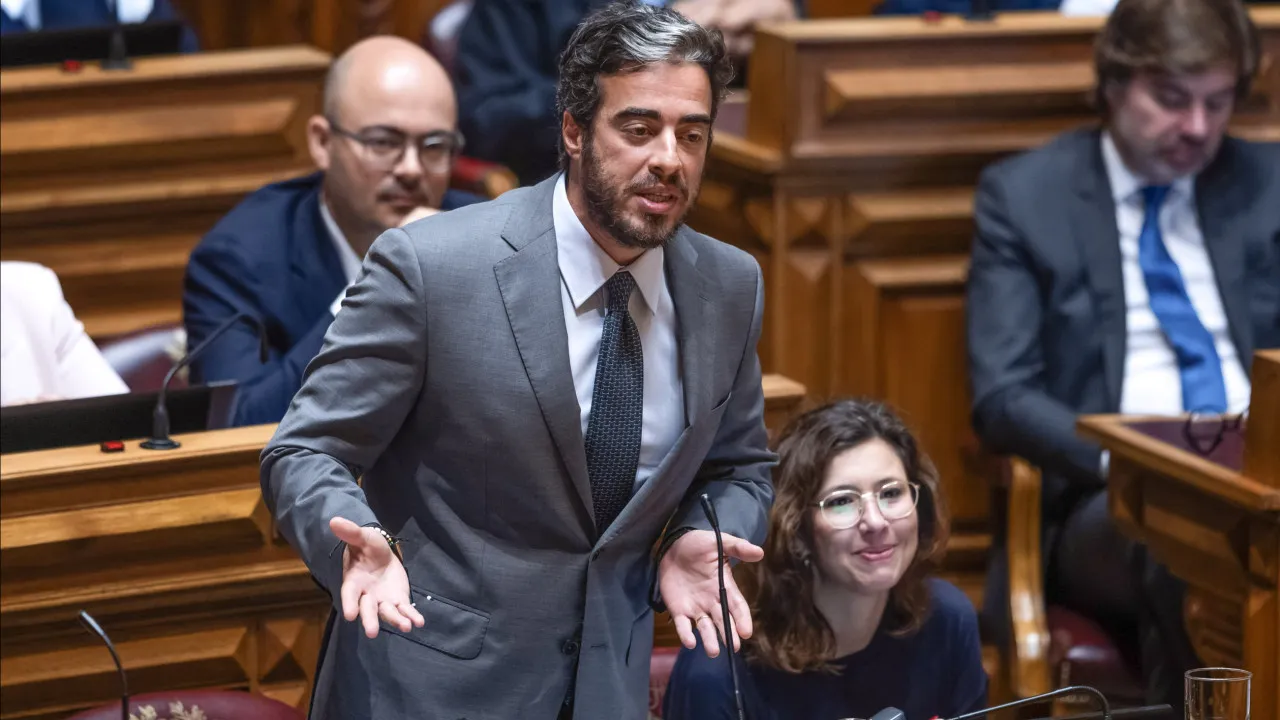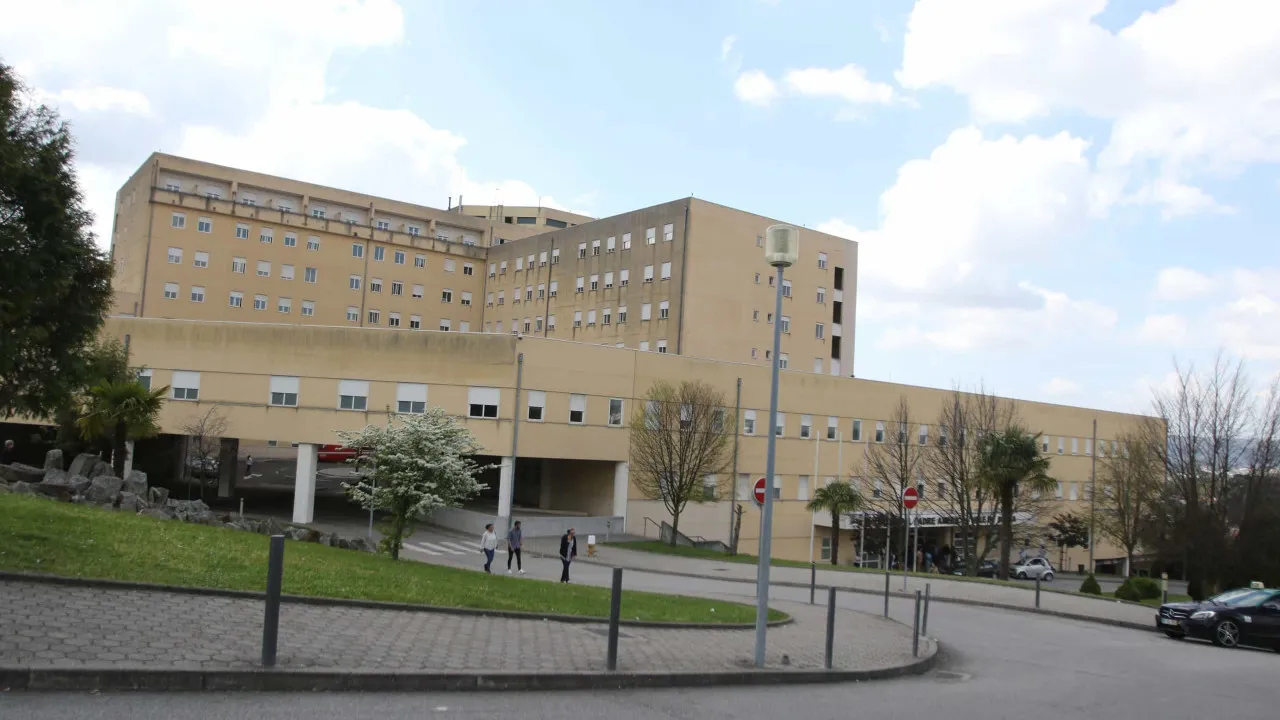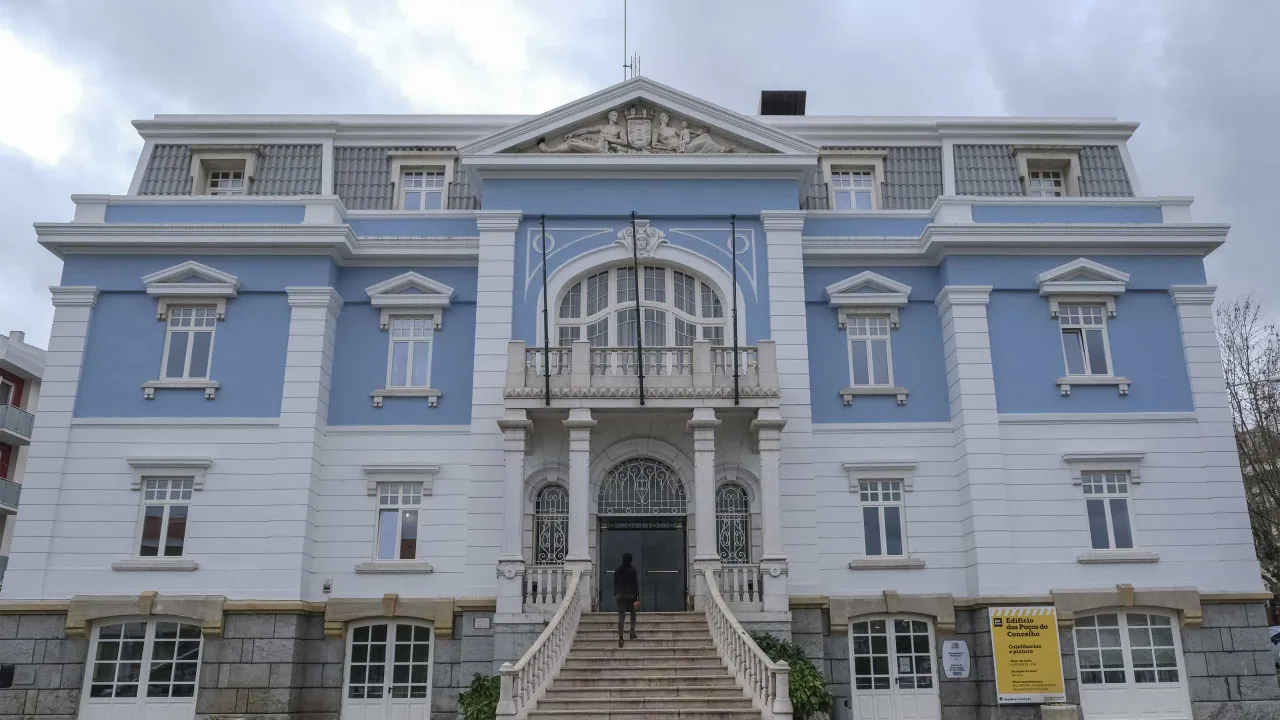
The announcement of the government’s decision to approve a decree for the reprivatization of TAP marked a significant moment in Portuguese aviation. Luís Montenegro, the Prime Minister, stated that the government plans to sell 49.9% of the airline’s capital in the initial phase.
Mário Amorim Lopes, a deputy from the IL, expressed disappointment, reflecting on the impact this decision might have on Portuguese citizens who may continue investing in an airline that does not directly benefit them. “It was a profound disappointment. A disappointment for us, but especially for the Portuguese,” he remarked at the Assembly of the Republic.
Lopes compared Montenegro’s stance to that of Pedro Nuno Santos, former infrastructure minister, who was also inclined towards a similar solution for TAP. He highlighted that António Costa was more ambitious, advocating for complete privatization, aligning with national interests and public finances.
In a critique of the government’s proposal affecting income tax, IL’s deputy humorously suggested that citizens should save any planned tax cuts for future potential investments required by TAP.
When asked if he fears a poor business outcome, Lopes affirmed this, citing continued state involvement, which often results in political interference in TAP’s management. “Our message is: let TAP fly free, without state baggage and taxpayer money aboard,” he declared.
Lopes noted that if TAP remains financially unviable, state-majority ownership might necessitate further capital injections. Regarding the government’s choice to sell only 49.9% of TAP, Lopes deemed it a pertinent inquiry for Montenegro.
“The state should not manage airlines in competitive markets where there are alternatives. It’s crucial to end political influence in public companies, benefiting both TAP and Portuguese taxpayers,” he articulated.
The government’s plan includes a direct sale model, with up to 5% reserved for employees as per privatization laws. This initiative marks the first step towards selling TAP, transitioning it back to private shareholders after its nationalization in 2020 due to the pandemic’s impact on air transport.
This decree-law must be approved by the President of the Republic, who previously vetoed a similar proposal in October 2023 during António Costa’s tenure.




